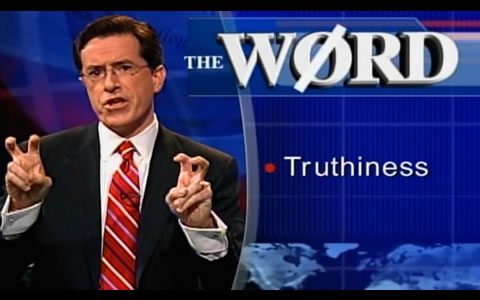Some thoughts are so profound, yet so simple, you wonder how you never connected the dots that way before.
I’ve mentioned previously a lunch we organised with some Wellington pastors and Dr Chris Marshall, from Victoria University, to talk about 3-strikes legislation when it was being considered by parliament. (Dr Marshall is an internationally acclaimed author of several books including Compassionate Justice and Beyond Retribution).
In the middle of the conversation Chris said something along the lines of…
if God is love, and the Bible tells us that love casts out fear, then a society that moves away from God is moving away from love, and moving towards fear. It should be no surprise therefore if such a society became more punitive in its attitude to things like criminal justice and punishment.
Now Dr Marshall is in no way responsible for where this thought has taken me over the years. But it has stuck with me. And it seems to me that this logic can be applied to any attribute of God.
If God is just, doesn’t it mean that a society that moves away from God becomes more unjust? – (is that why we see a widening gap between rich and poor?).
If God is faithful, might it mean that a society that increasingly is less focused on, and devoted to, God, becomes also becomes less faithful? – (might that be why there’s such a high level of marriage and family break-ups?).
Roll forward 6 years.
A few weeks back Andrea Vance, a Wellington based journalist, wrote an interesting piece asking “Are we living in a post-truth era?” Vance was commenting on statements made the day after Brexit by pro-Brexit supporters saying basically that things they’d promised during the campaign could not actually be done. She also mentioned recent examples from New Zealand politics.
National Radio’s Media Watch on the following Sunday morning (10 July), made a major feature of this question.
Now here’s the thing.

If God is truth, doesn’t it follow logically that if society moves away from God, it is inevitable that it will move towards a post-truth era?
Shown right: US comedian Stephen Colbert coined the term “truthiness” back in 2005 to describe strident political assertions based on tiny traces of facts. More than a decade later, commentators still use it to call out claims made in the news that don’t stand serious scrutiny. But the questions is: when it comes to contested claims, do people ever end up knowing the truth – or is ‘truthiness’ what sticks in the mind? – “Is a ‘post-truth’ era upon us?” RNZ









In the light of the discussion of politics in a post-truth age it is interesting to watch how a publisher of biblical studies books treated allegations of plagiarism. http://www.eerdmans.com/Pages/Item/59043/Commentary-Statement.aspx
Is this higher standard because of their commitment to the Bible or because of their academic readership? Or both, or neither?
Very good response. I suspect it is both.